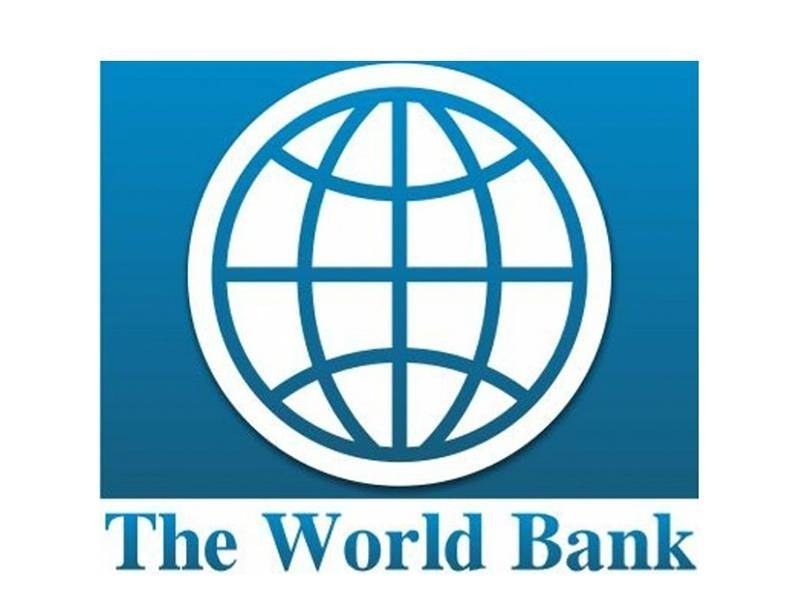
SATV March 30, Kathmandu: The World Bank's Board of Executive Directors has approved a $150 million financing package for Nepal's Third Bridges Improvement and Maintenance Program (BIMP-III). The funding aims to enhance the resilience of bridges in the Strategic Road Network, ensuring safer and uninterrupted connectivity across Nepal's dviverse and challenging terrain.
Nepal's bridge infrastructure plays a crucial role in connecting remote and urban communities to essential services, including healthcare, education, and economic opportunities. However, frequent climate-induced disasters, such as floods, landslides, and earthquakes, pose significant threats to these structures.
The program, led by Department of Roads, will focus on climate-resilient measures such as enhanced structural designs and real-time monitoring systems to protect bridges from extreme weather events. Additionally, bridge designs will prioritize accessibility, ensuring better connectivity for marginalized communities.
According to a World Bank press release, the initiative will also include capacity-building programs for the Department of Roads, promoting innovative solutions and strengthening institutional systems for effective infrastructure management.
David Sislen, the World Bank's Country Director for Maldives, Nepal, and Sri Lanka, emphasized the importance of resilient infrastructure development in ensuring safe and sustained connectivity. He highlighted that the program would support access to markets and essential services for vulnerable communities, contributing to Nepal's sustainable growth.












